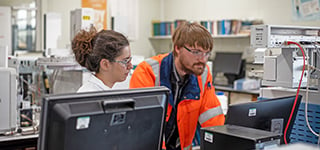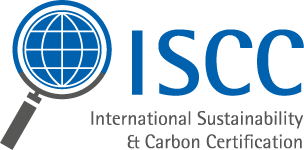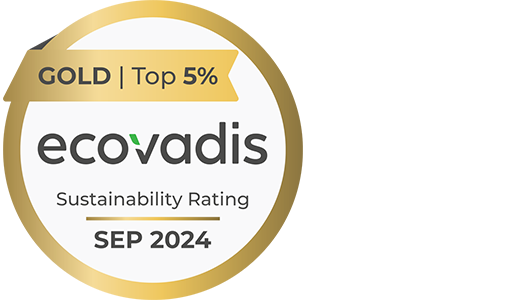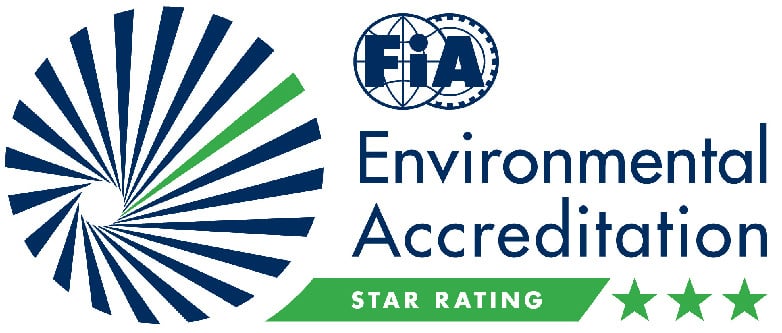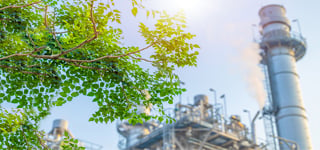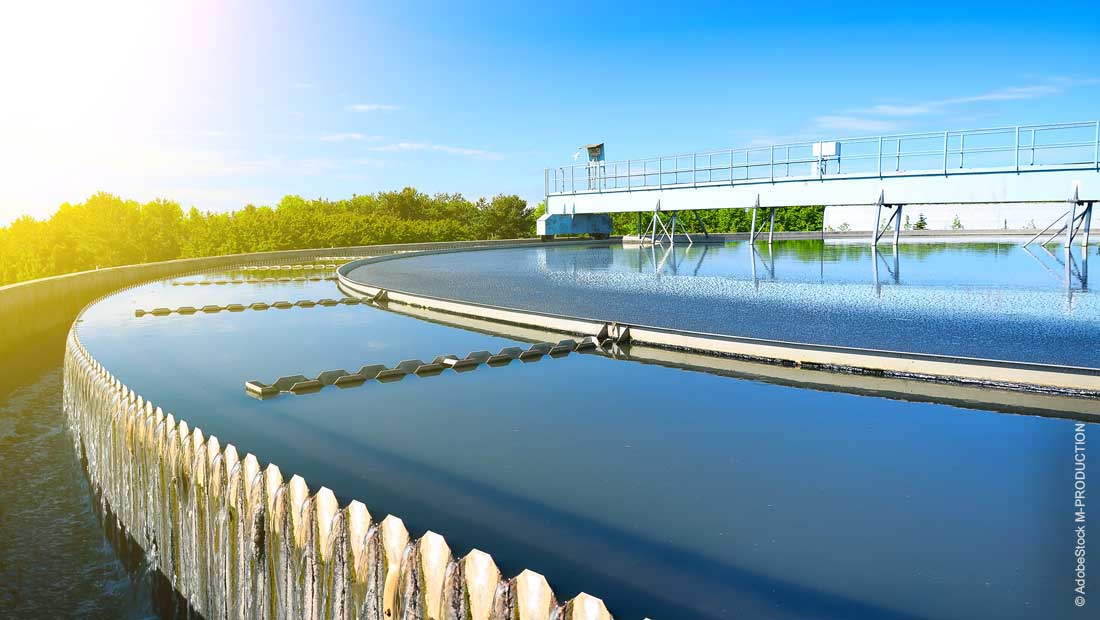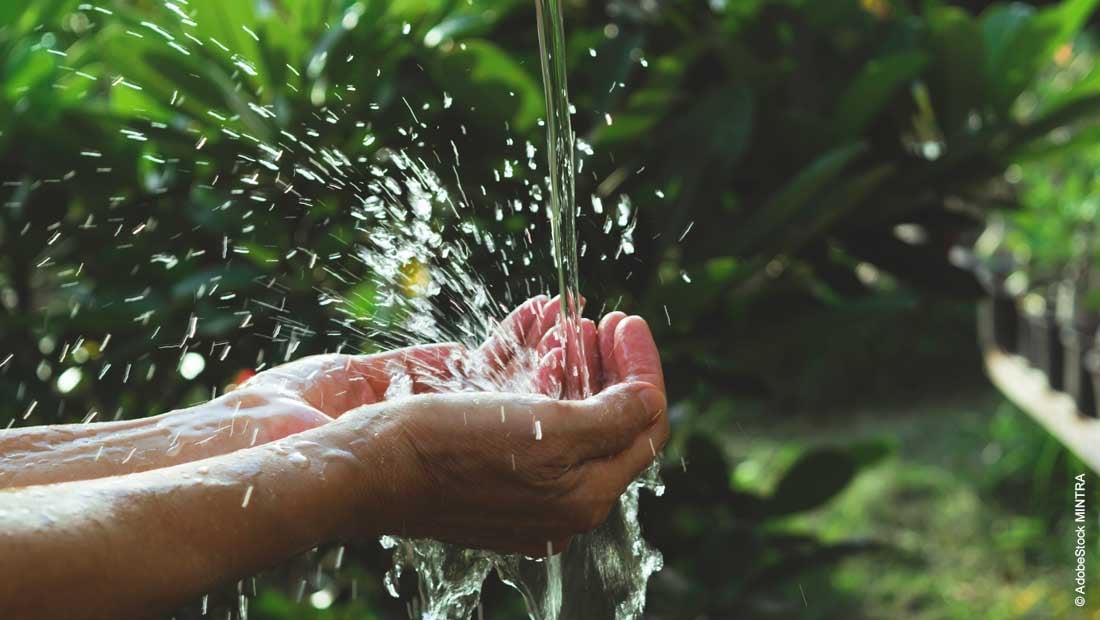
As early as 1992, the global community recognised that water sustainability concepts are of crucial importance and adopted the guiding principle of sustainable development. Since then, the protection of water resources has been one of the United Nations' greatest tasks and is anchored in the 6th Sustainable Development Goal. Water treatment plays a central role in achieving the sustainable development. In the following article you will learn more about water recycling, treatment processes and why industry is part of the solution.
Water treatment - making water scarcity no longer the norm
The fact that water scarcity is now a worrying part of everyday life is becoming more and more noticeable every year - rising drinking water prices, dried-up river and lake landscapes, water emergencies. The UN World Water Report 2023 clearly articulates the shortage as the current global state. The careful use of water and raising awareness of the topic is therefore now part of many school curricula. But in addition to private households, water treatment concepts are also needed in agriculture and industry, where water consumption is particularly high. Industry needs water for various areas of production - whether as cooling water or process water (also service water or industrial water) - the water like municipal wastewater, water cannot always be discharged untreated into public sewer systems.
Conserving water consumption through water treatment
In autumn 2022, the EU in Brussels also dealt with the topic of water treatment and presented a new version of the EU Wastewater Directive. In addition to stricter regulations, the focus is on adapting to the Green Deal, new sources of pollution such as microplastics, but also more transparency.
Thus, in addition to reducing water consumption, the treatment of wastewater is a central focus in order to conserve the water resource and to monitor and guarantee its quality for reuse. This applies not only to municipal wastewater, but also to water-intensive industry, which makes an important contribution to the circular economy with water treatment.
This is regulated by Regulation (EU) 2020/741 of the European Parliament and of the Council of 25 May 2020 on minimum requirements for the reuse of water and will be transposed into national law in all member states in June 2023. It ensures that purified wastewater can be used again for agriculture, for example. Water treatment thus counteracts water scarcity and is an important component of future global water management.
Various processes enable water treatment
Worldwide, water treatment and its various water purification processes are an important component in the protection of drinking water and groundwater resources. Depending on the type of wastewater and its composition, various water treatment processes are available:
- Mechanical treatment (e.g. rakes, screens, filters)
- Physical processes (e.g. aeration, atomisation, sedimentation, flotation, adsorption, vacuum processes, thermal effects)
- Chemical processes (e.g. oxidation, disinfection, flocculation/coagulation, decarbonisation)
- Membrane processes (e.g. nanofiltration, (reverse) osmosis)
- Biological processes (aerobic wastewater treatment, e.g. activated sludge process, sludge digestion)
Water treatment or wastewater purification takes place in municipal or industrial wastewater treatment plants that use several purification processes. Sewage treatment plants often use a three-stage process. Modern wastewater treatment plants may have an additional fourth treatment stage to remove micropollutants.
What is wastewater?The term wastewater is water that has changed its natural properties through domestic, commercial, agricultural or other use. Pollutants in wastewater can be present in dissolved or undissolved form and as organic compounds (fats, proteins, carbohydrates). The aim of wastewater treatment is to remove these substances and restore the natural water quality. |
Conclusion
Water is one of the world's most important resources. Water pollution has incalculable consequences, so water purification and wastewater treatment are steadily gaining in importance. They play a key role in combating water shortages and conserving water resources. With various purification processes, such as flocculation, a chemical purification, water can be treated and returned to the circular economy. Water treatment and purification processes are therefore important measures to ensure the availability and sustainable use of water for all people (6th UN SDG (Sustainable Development Goal).





